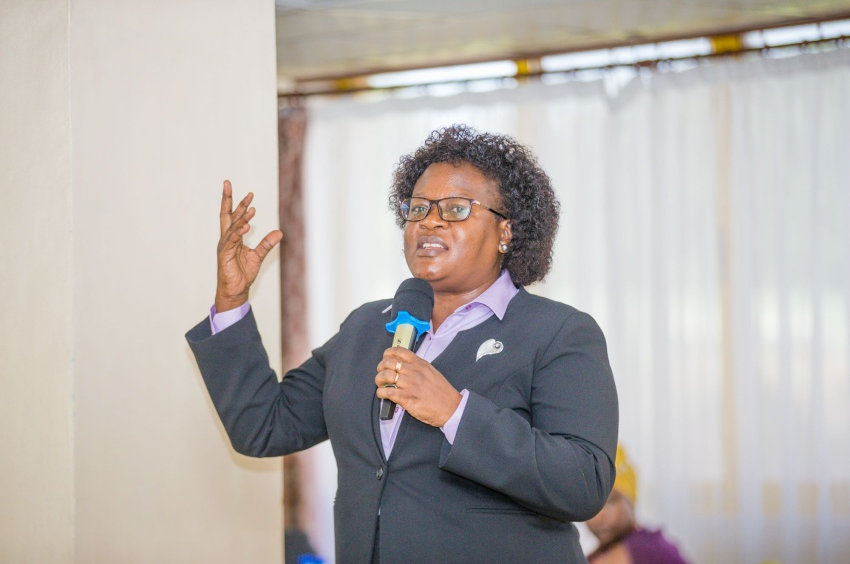KCCA Praises New Revenue System for Boosting Collections and Advancing Smart City Goals

Dorothy Kisaka, Executive Director of Kampala Capital City Authority (KCCA), has praised the government’s new revenue collection system, which has increased revenue by Shs 33.9 billion over three years. The system’s technological advancements have led to a 29.7% increase in revenue, from Shs 80.4 billion to Shs 114 billion. Kisaka highlighted that the fully automated system supports KCCA’s infrastructure projects and Smart City Agenda.
Kampala Capital City Authority (KCCA) executive director Dorothy Kisaka has lauded the Government for the new revenue collection system which she says has increased revenue collection by shillings 33.9 billion.
Kisaka said in the last three years, since financial year 20/21, the revenue collection has increased by 29.7% starting at shillings 80.4 billion to 114 billion in 2023/24 representing an 11.36 per cent increment.
The target for the 2023/2024 financial year was shillings 102.6 billion.
“This is a big achievement, and we believe that this is due to technological advancement in revenue collection as well as closing collection gaps in the system. This amount is going to rise even more because all revenue sources are now automated, as we aspire to further enhance our collection capabilities to realise the vision of a vibrant, attractive and sustainable city,” Kisaka said.
According to Kisaka, the Authority was enrolled on the e-city system in 2012 and since then upgraded to handle all types of revenue payments.
She said with close monitoring of all revenue administration sources, more revenues will be collected to enable KCCA to invest in crucial infrastructure projects such as road rehabilitation, street lighting, drainage improvement and solid waste management.
“KCCA is advancing the Smart City Agenda which is hinged on three priorities; technology advancement to ease service delivery, secondly infrastructure development and the third priority is people well-being which focuses on livelihoods and homesteads empowerment,” she said.
“This financial year, our goal is to complete the 80 kilometres, covering 41 roads under Kampala City Roads Rehabilitation Project, KCRRP. A few are already tarmacked and await final touches, that is Kabega road, old Mubende road, Luwafu road, Wamala road, but we want to finish at least 41 roads. Together with the new GKMA project which is soon coming on board, the roads infrastructure will be greatly enhanced,” she said.
Kisaka was responding to a directive by the finance ministry to all accounting officers of local governments to stop the manual collection of revenues and close all the general collection accounts with immediate effect.
Finance ministry permanent secretary Ramathan Ggoobi said all 176 local governments should immediately phase out the manual collection of local revenues and start collecting revenue through the Integrated Revenue Administration System (IRAS).
Ggoobi, who is also the Secretary to Treasury, in a budget execution circular dated July 15, said the government has activated all 176 Local Governments on the Automated Local Revenue collection systems since the financial year 2019/20 to date and, therefore, there’s no reason manual revenue collections should continue.
“Since all the collectable local revenues are configured on the system, there is no reason for manual collection to continue anymore. Therefore, starting July 1, 2024, all local governments that have been activated on the Automated Local Revenue collection systems should phase out manual collection of local revenues by closing all the collection accounts for Local Revenues with immediate effect. All Local Revenues should be collected through the system,” Ggoobi said.







